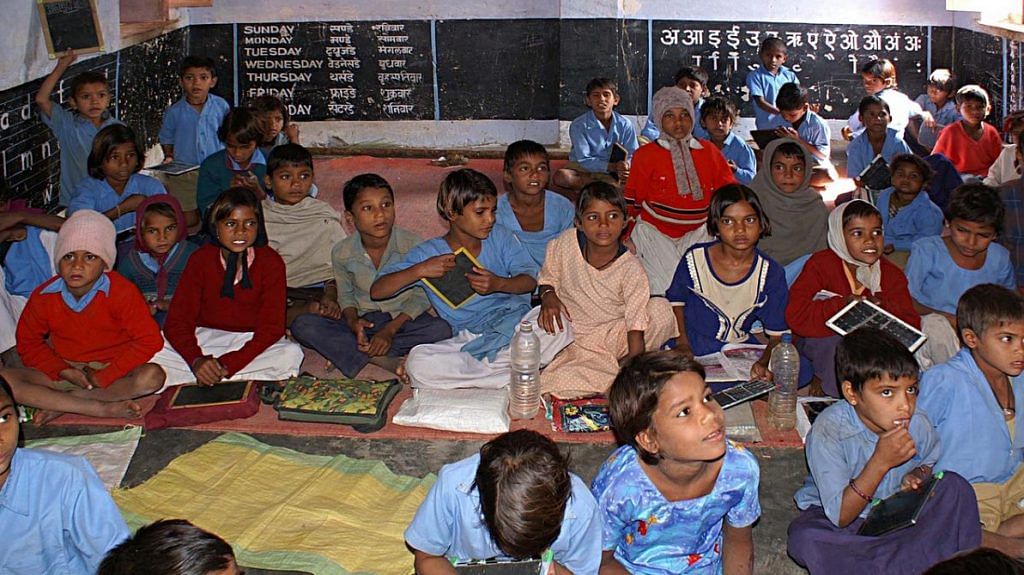HRD roadmap calls for focus on experiential learning and reduced burden on syllabus and textbooks.
New Delhi: In reforms that could change the face of school education in India, the Centre is planning to introduce practical activities such as visits to farms, factories, post offices, museums and even internships into the school curriculum.
The changes have been proposed in a roadmap that the HRD Ministry has prepared for introducing experiential learning in schools across the country.
Experiential learning is an approach to learning that focuses on processes leading children to acquire knowledge, skills and values through their own experiences under situations created by schools.
For example, students can learn things through gardening, building low-cost science and mathematics models, and listening to inspiring stories of famous personalities.
“Various education and curriculum policies placed importance on experiential learning to enhance children’s interest in learning. However, despite many efforts from the government and private sectors, various surveys have found that it is largely missing from schools,” reads a note on the experiential learning roadmap accessed by ThePrint.
The government’s mission, the note states, is to create “classrooms and other sites at schools and outside the schools where teachers can facilitate experiential learning”.
Not just outside
The proposal, however, doesn’t confine the reforms to outside the classroom. The plan is to introduce activities both inside and outside classrooms.
The classroom activities include dialogue, discussion, role play, drama, and experiments in labs among others. Apart from this, the ministry also wants to develop an assessment framework for classes 1 to 8 focusing on experiential learning outcomes providing clear criteria for assessing skills, abilities, attitudes.
“Examination must also be reformed to include exemplary questions for assessing experiential learning,” the note states, adding that guidelines should be issued to reduce the “burden of syllabus and textbooks.”
Changes in school timings
Even as there have been attempts in the past to introduce more practical-based learning, they have largely failed to work. This time, the government plans to change examinations and school timings to suit practical learning.
According to senior officials in the ministry, reforming the examination system would include introducing more practical and practical-based questions, while timetables for school schedules will also be revised to include additional experiential learning periods.
Some schools, mostly private ones, already have this as part of their curriculum; however, it is largely missing from government schools.
